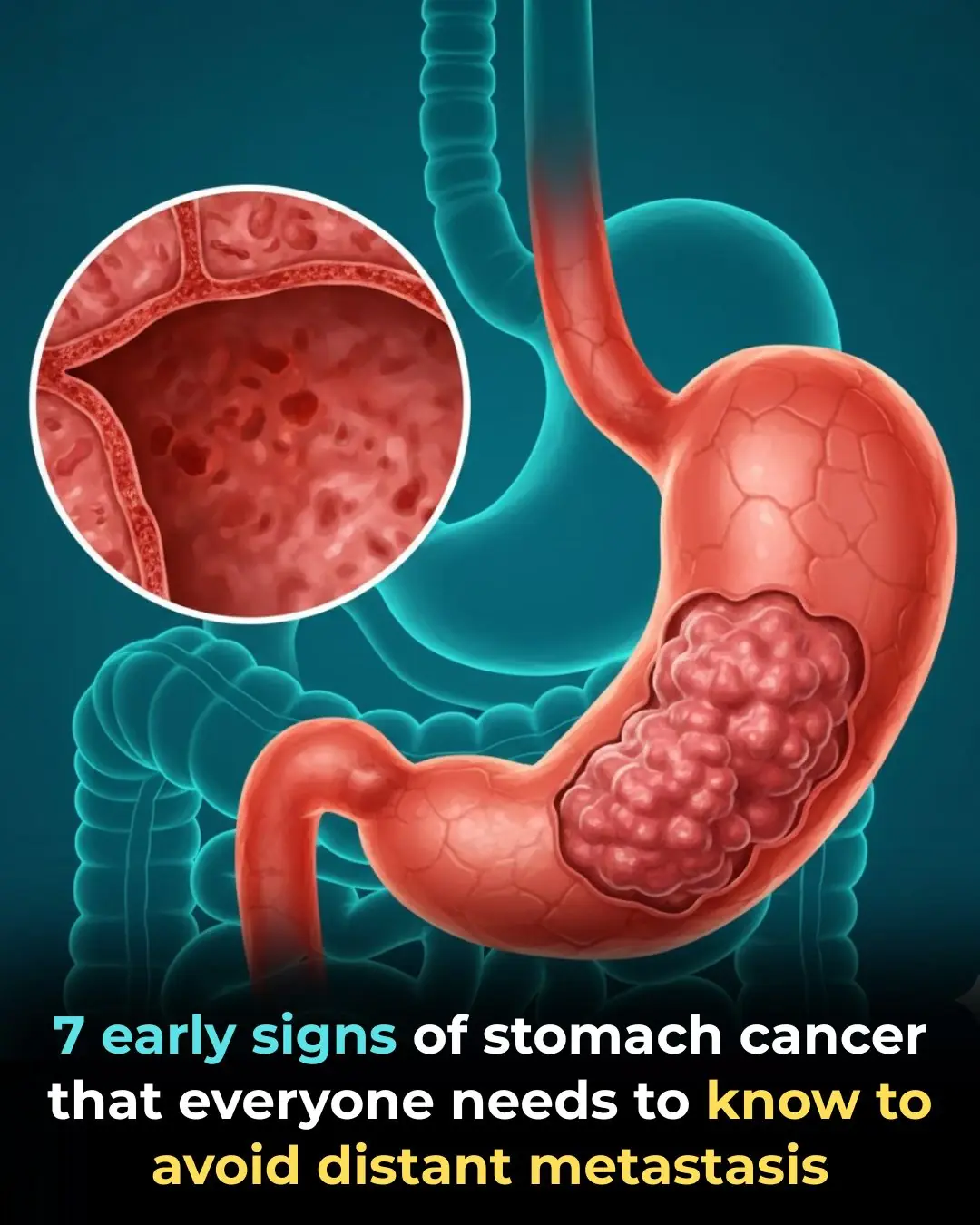
Woman Develops Liver Cancer from Eating Peanut Butter on Bread, a Common Habit Many People Share

A seemingly harmless habit—eating peanut butter on toast every morning—led to a shocking diagnosis for a woman. Despite being in good health, not drinking alcohol, and having no history of hepatitis B or C, she was diagnosed with liver cancer, with a large tumor already metastasized to her lungs.
Dr. Liu Boren, a functional medicine and nutrition specialist from Taiwan, shared the case of this patient. She had been experiencing digestive discomfort and sought medical evaluation, only to be stunned by the diagnosis. Upon further investigation, it was discovered that she had eaten peanut butter on toast every morning for 20 years. Dr. Liu suspected that the prolonged consumption of peanut butter contaminated with aflatoxin could be the cause of her liver cancer.
Understanding the Risk: Aflatoxin in Peanut Products
Peanut butter’s main ingredient is peanuts, often referred to as “longevity nuts” due to their beneficial unsaturated fats, which can reduce the risk of heart disease. However, peanuts, corn, and other crops are highly susceptible to contamination by aflatoxin—a potent carcinogen classified as a Group 1 carcinogen by the International Agency for Research on Cancer (IARC) under the World Health Organization (WHO). Aflatoxin exposure is strongly associated with liver cancer and may also contribute to kidney and stomach cancers.
Aflatoxin is produced when peanuts or other starchy foods are exposed to high humidity or heat and become moldy, allowing Aspergillus species to thrive. Many people assume that simply removing moldy parts or washing the peanuts or corn is enough, but aflatoxin is a chemical compound that cannot be eliminated through ordinary cooking or boiling at 100°C. Scientific studies show that aflatoxin is only partially destroyed at extremely high temperatures, typically above 150–200°C, such as during industrial roasting.
How to Safely Consume Peanut Products
To minimize risk, it is important to purchase peanut butter and related products from trusted sources with clear labeling and quality assurance. Avoid peanut butter that has hardened, smells sour, or shows discoloration, as these are signs of spoilage and potential aflatoxin contamination.
While some commercial processing methods can reduce aflatoxin levels by up to 89%, prolonged consumption of contaminated products—even in small amounts—can accumulate over time and pose a serious health risk.
Other Foods Prone to Aflatoxin Contamination
Aflatoxin is not limited to peanuts. Other common foods that can be contaminated include:
-
Bitter or moldy seeds: Sunflower seeds and other nuts that taste unusually bitter may contain aflatoxin. If you eat them, spit them out immediately and rinse your mouth thoroughly.
-
Improperly stored wood ear mushrooms: Known as black fungus, these mushrooms are rich in protein and cellulose. If soaked or stored incorrectly for a long time, they can develop mold, turning yellow, black, or grayish, producing aflatoxin. Soaking water may appear foamy, cloudy, and have a strange odor.
-
Moldy rice or fruits: Rice is a staple food rich in starch, making it susceptible to mold during harvest and storage. Moldy rice, if not removed, can introduce aflatoxin into meals. Cooking at regular boiling temperatures does not completely destroy this toxin. Similarly, moldy fruits can pose a similar risk.
Key Takeaways
-
Avoid consuming visibly moldy or spoiled foods, including peanuts, corn, rice, and dried mushrooms.
-
Purchase peanut butter and other nut products from reputable brands.
-
Regularly check storage conditions for nuts and grains to reduce moisture and prevent mold growth.
-
Be aware that aflatoxin is heat-resistant and can remain even after normal cooking, so prevention is critical.
Even foods commonly considered healthy, such as peanuts, can pose hidden dangers if contaminated with aflatoxin over long periods. Awareness and careful food selection are essential to prevent potential health risks, including liver cancer.
News in the same category


Grow a Lemon Tree From Seeds — No Cost, No Effort, and Fresh Lemons Whenever You Want
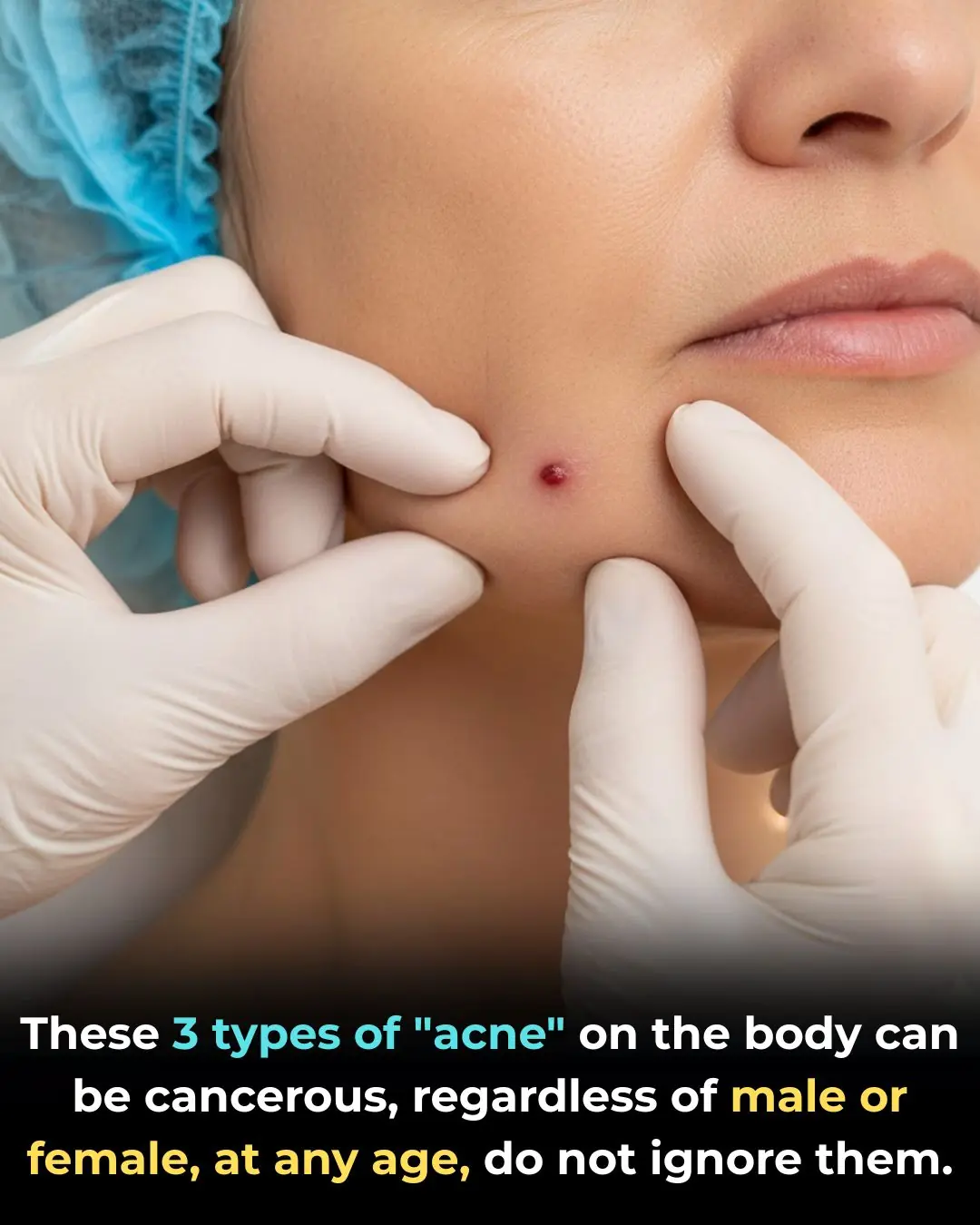
Three Types of “Lumps” on the Body That May Indicate Cancer — A Warning for Both Men and Women of All Ages

Why should you drop a clove of garlic into the toilet at night?

4 ways to boil chicken without water

Rice water is like gold in the house if you know how to use it for these things

I Just Discovered the Benefits of Hanging a Bottle Cap on a Keychain

4 Dangerous Mistakes When Using an Air Fryer: Risks of Food Poisoning, Cancer, and Fires

Lady places cup of vinegar into microwave. Here’s the genius reason why

I had no idea this was a thing
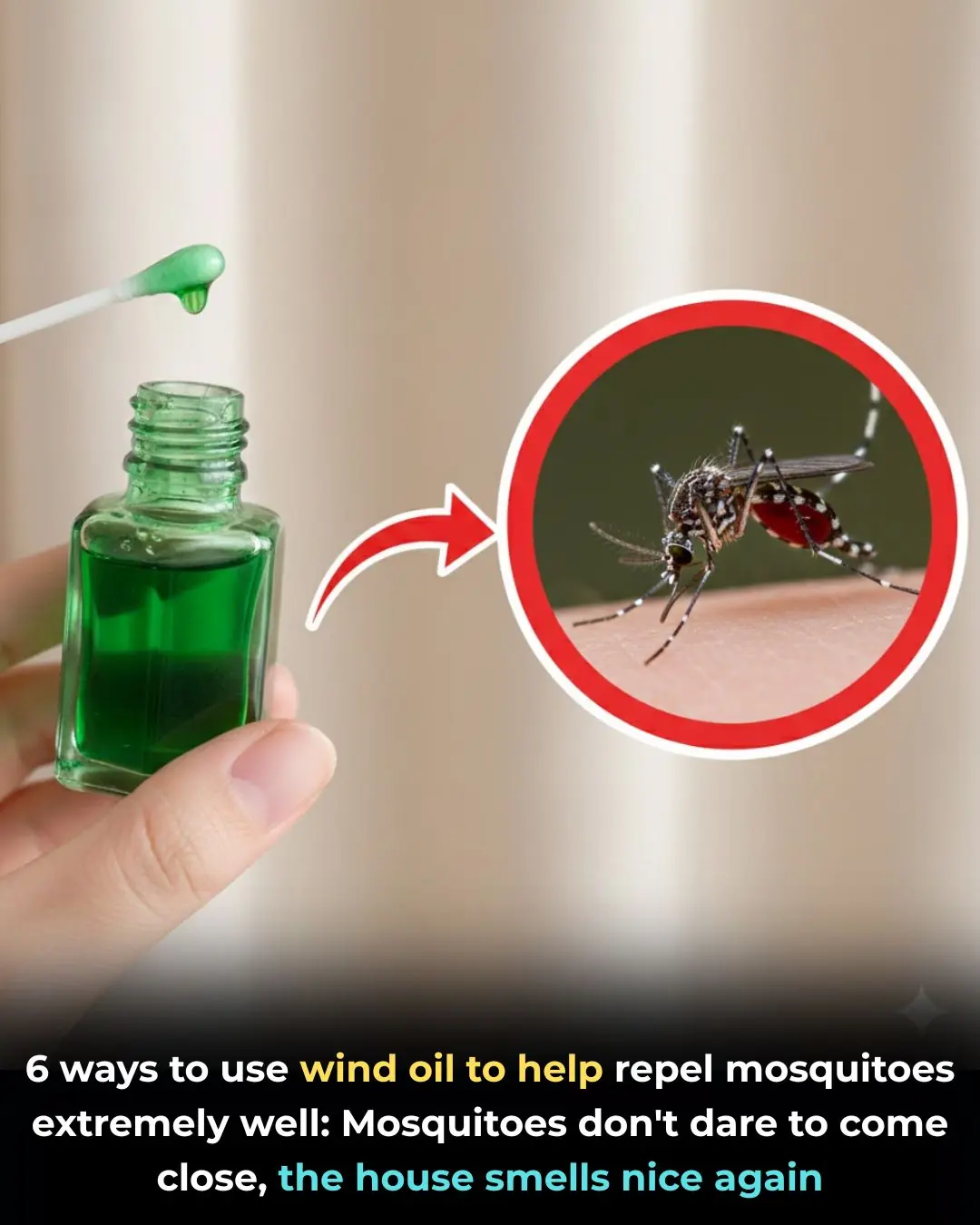
6 ways to use wind oil to help repel mosquitoes extremely well

10 odd home fixes you’ll wish you learned years ago

12 weird but genius ways to unclog things naturally

Put borax on wax paper and slide it under fridge. Here's why
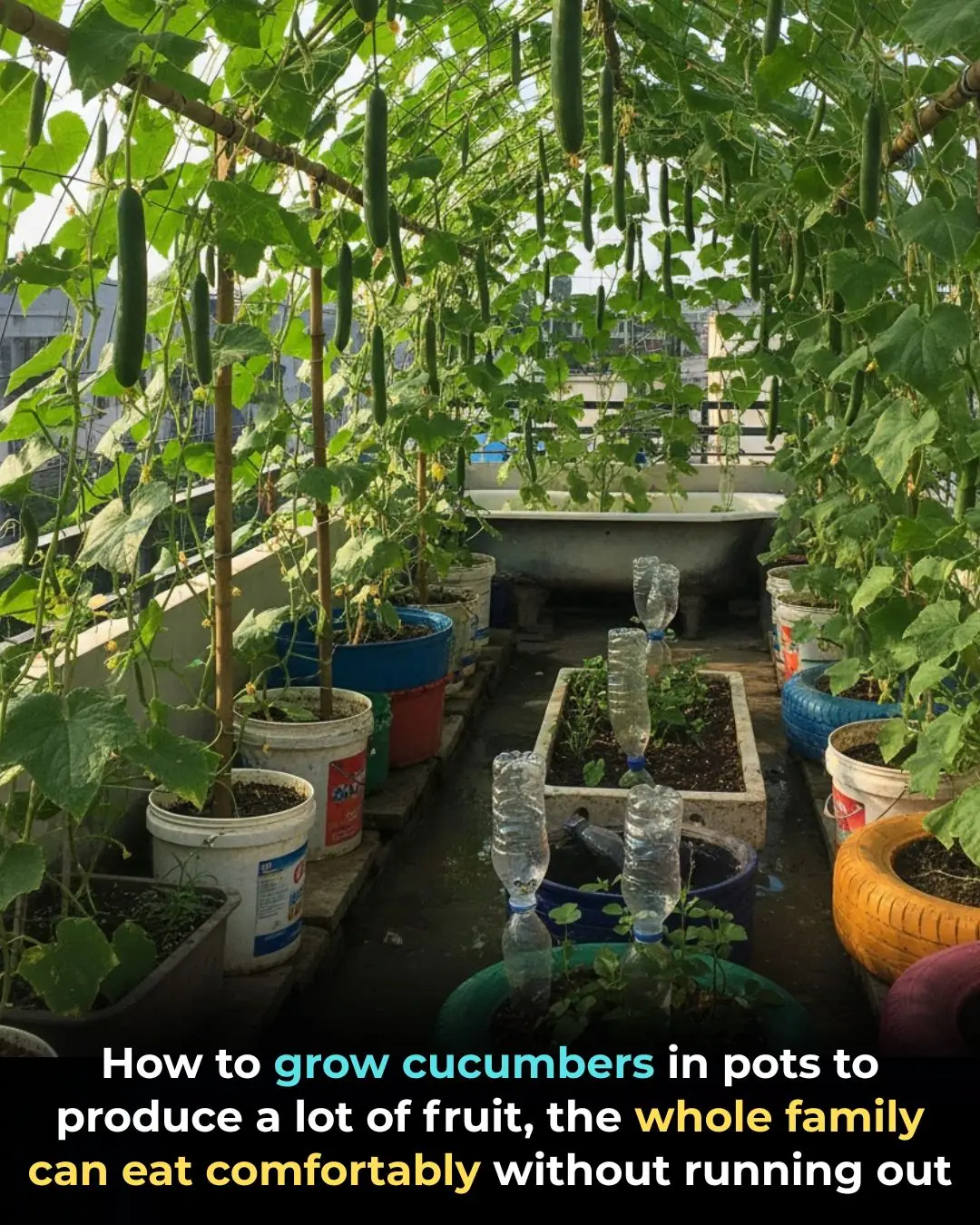
How to Grow Cucumbers in Pots for Heavy Harvests All Season Long
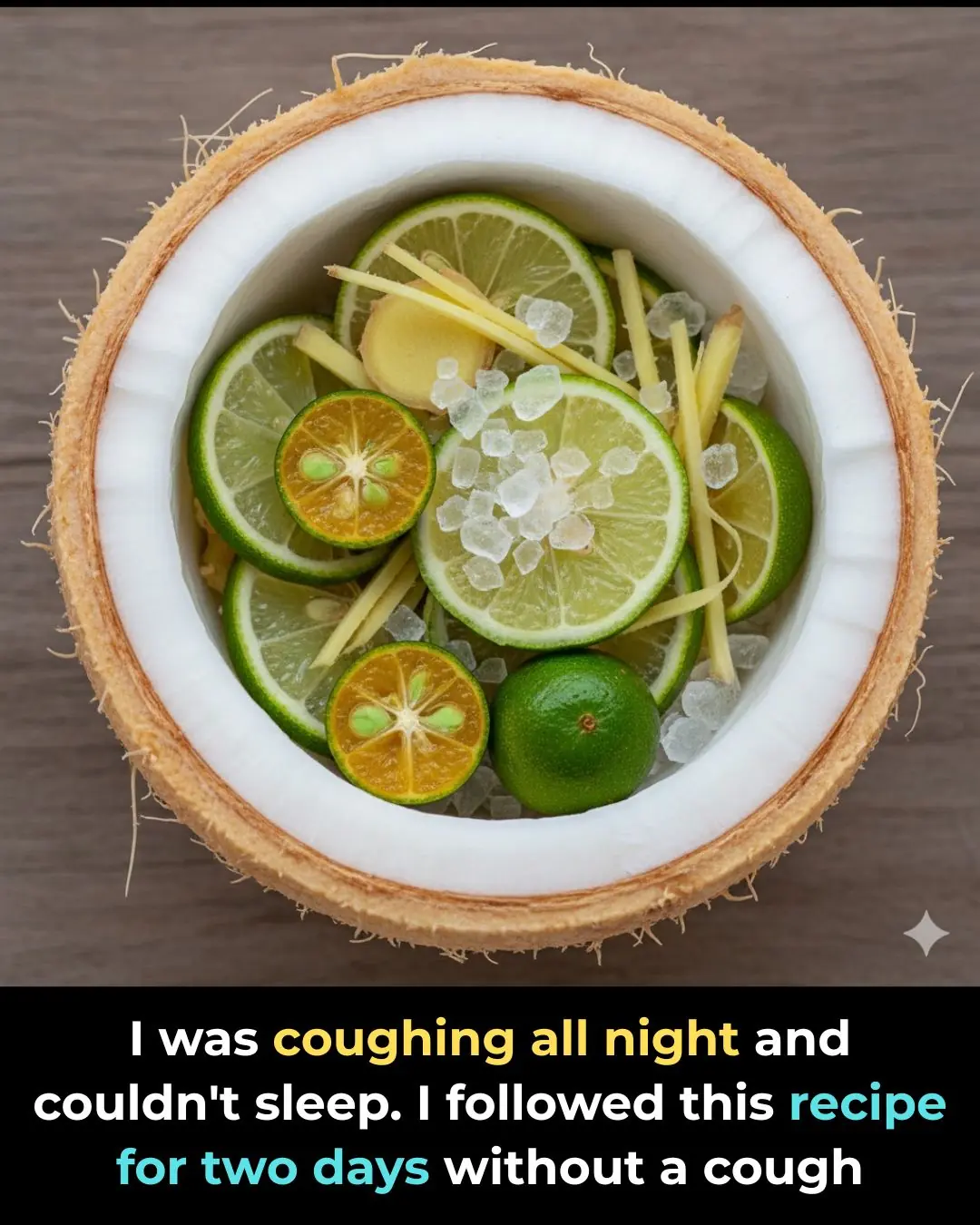
How to make steamed pears with rock sugar is both delicious and nutritious
Let’s take a look at some tips to help keep your kitchen space clean and free of unpleasant odors.
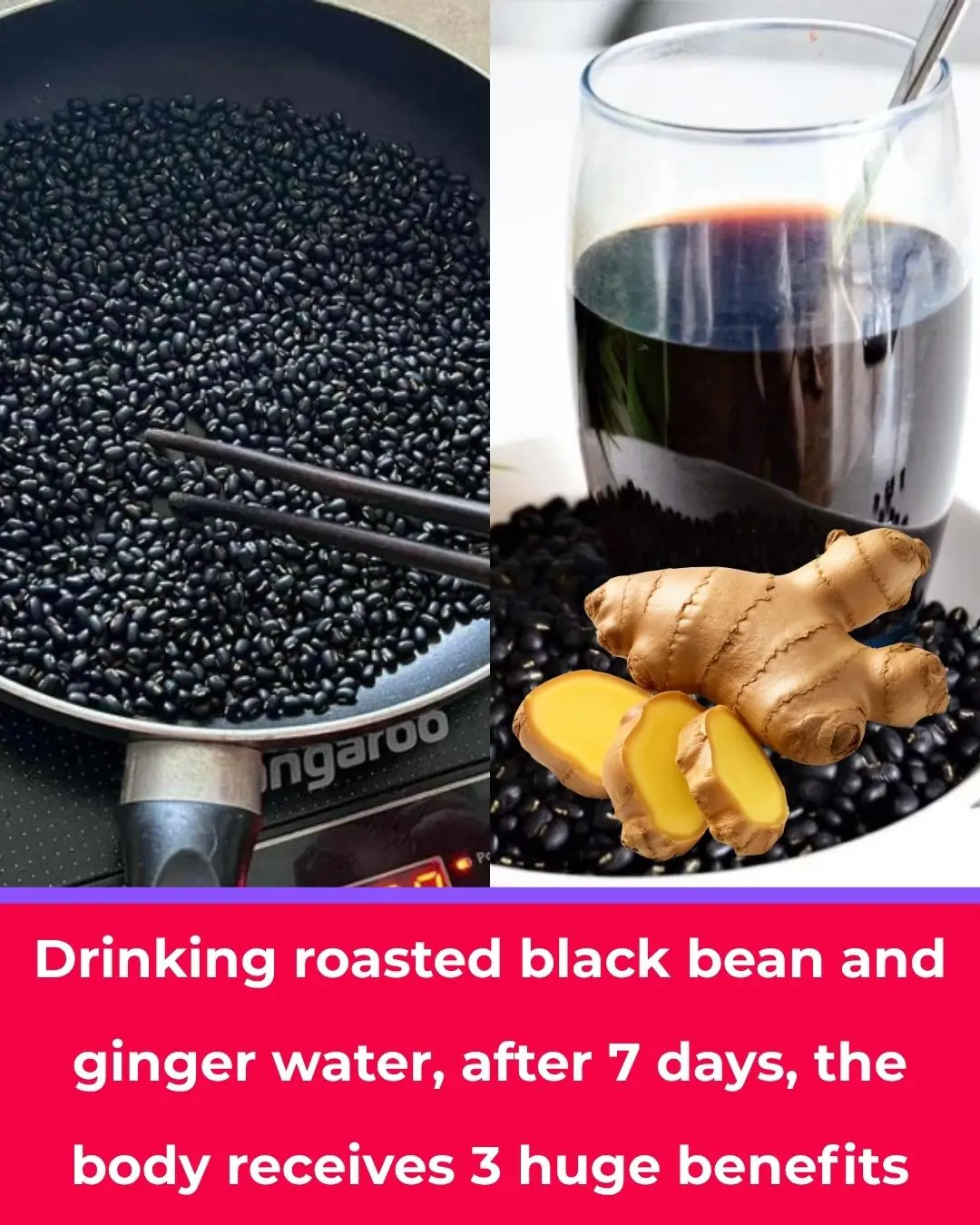
Drinking Roasted Black Bean and Ginger Tea for 7 Days Brings 3 Major Health Benefits

Never Clean Your Light Switches with Water — Here’s a Safe Trick to Make Them Look Brand New
News Post
Angus T. Jones, Who Played Jake Harper, Left The Show “Two And A Half Men” 9 Years Ago – This Is Him Today
When Nighttime Leg Cramps Become a Concern
Nadya Suleman, A Mom Of Octuplets Celebrates Their 15th Birthday
If You See A Bent Tree In The Forest, Start Looking Around Immediately
Scientists Discovered A Sinkhole 630 Feet Underground In China Known As “Heavenly Pits”
Why Drivers Over 70 Face New Rules Nobody Saw Coming
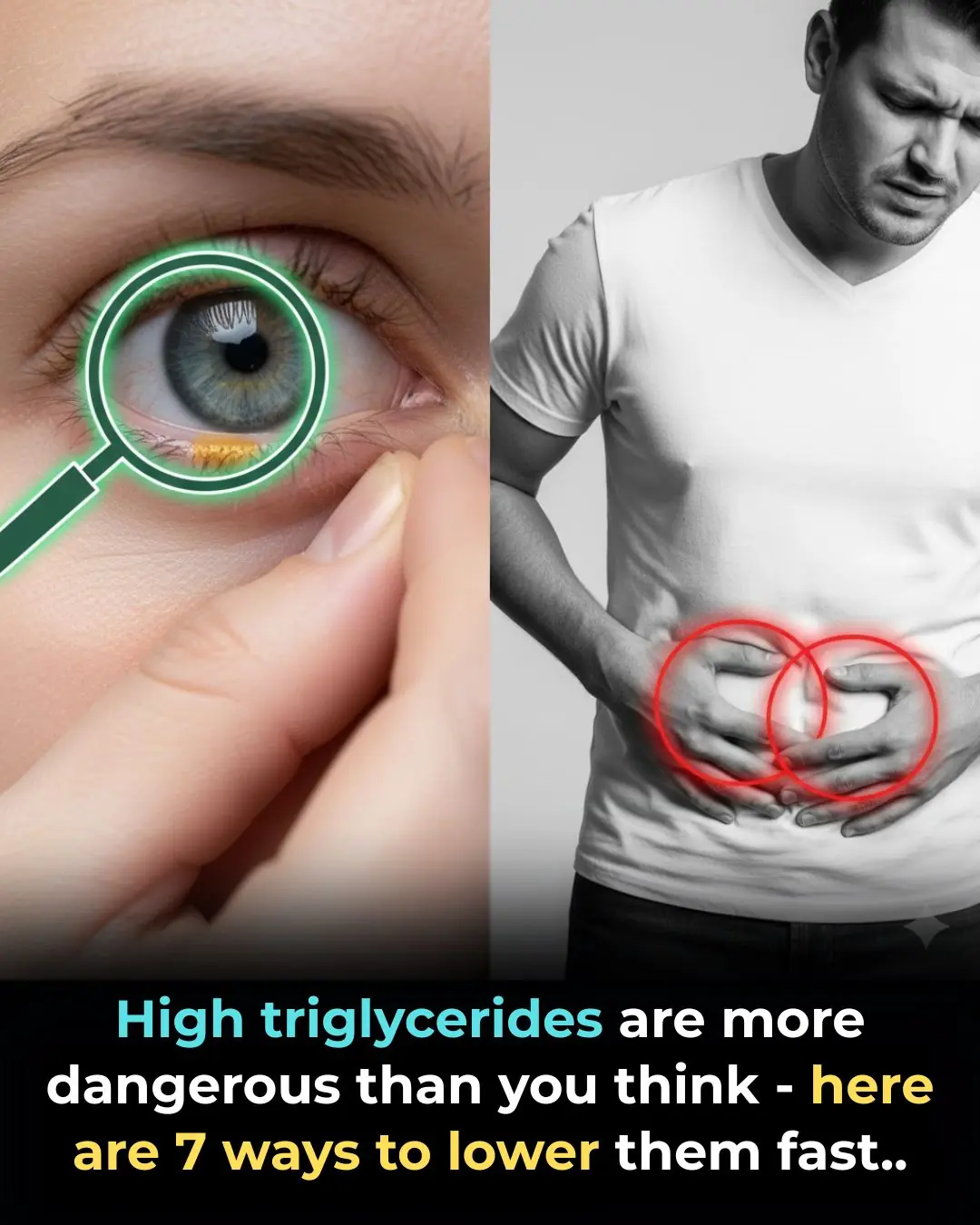
7 tips to eliminate dangerous blood fat

Top 3 Foods to Prevent Leg Cramps in Seniors: Strengthen Your Legs Naturally!

Richard Gere reveals what he misses most after ditching the US for Europe

HBCU Prospects and Atlanta Culture Took Center Stage at MLB All-Star Weekend

Comedian Jeff Dye joins Hollywood exodus, says Newsom ‘scares the s–t out of me’

Worried Pete Wicks’ surgery fears amid secret health condition he’s had for years 'It is getting quite bad'

Prince William and Kate Middleton ‘reserved and formal’ during engagement interview

Complaints pour in during I’m A Celebrity 2025 launch as viewers demand a change

‘This Could be Why’: Tina Knowles Reveals the Real Reason She Quietly Went Back to Mathew After He Cheated— and Fans Think This Is Why Beyoncé Stayed with Jay

“I Made Sure Not To Wear All White” | Giants Player Darius Slayton Proposes To Track World Champion Girlfriend Anna Hall

Martin Lewis says 'demon appliance' is the worst in the house for soaring bills

MAFS UK's Keye confirms split with Davide and admits 'I made a terrible decision'
